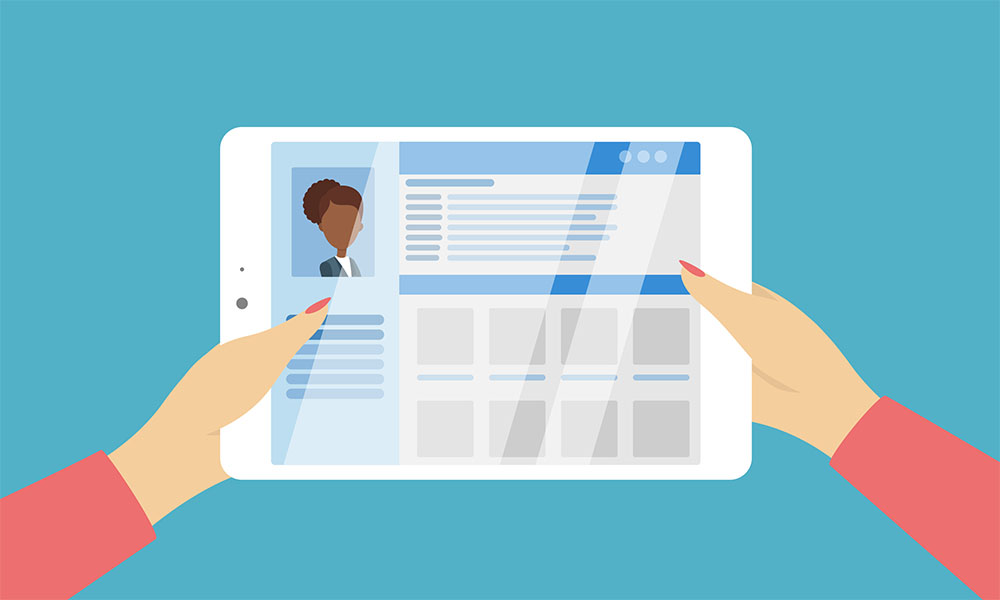At this time of year, it’s all about going away on holiday and having the time of our lives. These days, our phones and other devices are integral to our vacation experience, whether that’s Instagramming pics of the local architecture or checking Twitter on the beach. We may also be committing a holiday sin and checking our work emails, but the less said about that, the better.
But while everything is relaxed and we are having a great time, we may forget some of the cardinal rules about staying safe online while we’re away. With that in mind, here are three tips for avoiding getting “cyber-mugged” while on holiday this summer.
Prepare your mobile
If you are going travelling for an extended period, it may be worth getting a second phone and a local SIM card, if, however, you are just going on holiday, this is probably a bit too much. You will, however, have to find out where you stand with regard to roaming charges and data, so check with your provider before you head off and follow their advice when you are away.
Watch your WiFi
WiFi can be a traveller’s best friend, offering the tantalising possibility of a decent internet connection without data charges. It can also be a traveller’s worst enemy, leaving them open to hacking attacks.
As a basic rule of thumb, public WiFi is usually fine for accessing sites for which security is a non-issue, for example looking up weather forecasts, maps or information about local attractions. If a site requires password access then you should be a bit more cautious about how you access it. This includes social media sites as well as the more obvious ones such as online banking, which you should be super careful about accessing on public networks. It makes it far too easy to hack your account.
Basically, you will want some level of reassurance that there is at least a basic level of security. Once you go beyond that to anything intended to be private, especially payment information, then you should be very selective about what WiFi networks, if any, you access and be prepared to pay for service and/or install a VPN so you can surf safely.
An indication that a WiFi connection may be questionable is if you are in a café, say, “Chez Romain”. If there are WiFi connections called Chez Romaine, Cher Romain and Chez Romain, somebody may be trying to trick you into connecting to the wrong one. Make sure you connect to the correct one to avoid problems.
USBe careful
Although a well-charged phone may be at a premium when you’re on holiday, don’t be tempted to plug your phone into any available USB cable. Viruses and malware can be installed on all kinds of devices, so be careful with communal USB plugs, or those available in cafes, taxis and public transport.
Be safe on social media
Privacy settings are very useful and should be used, but it makes sense to play safe. Don’t advertise your holiday (during which your home is empty) and don’t get so caught up in the search for the perfect selfie that you wind up getting into trouble of any sort whether that’s physical or cultural, remember local sensitivities.

